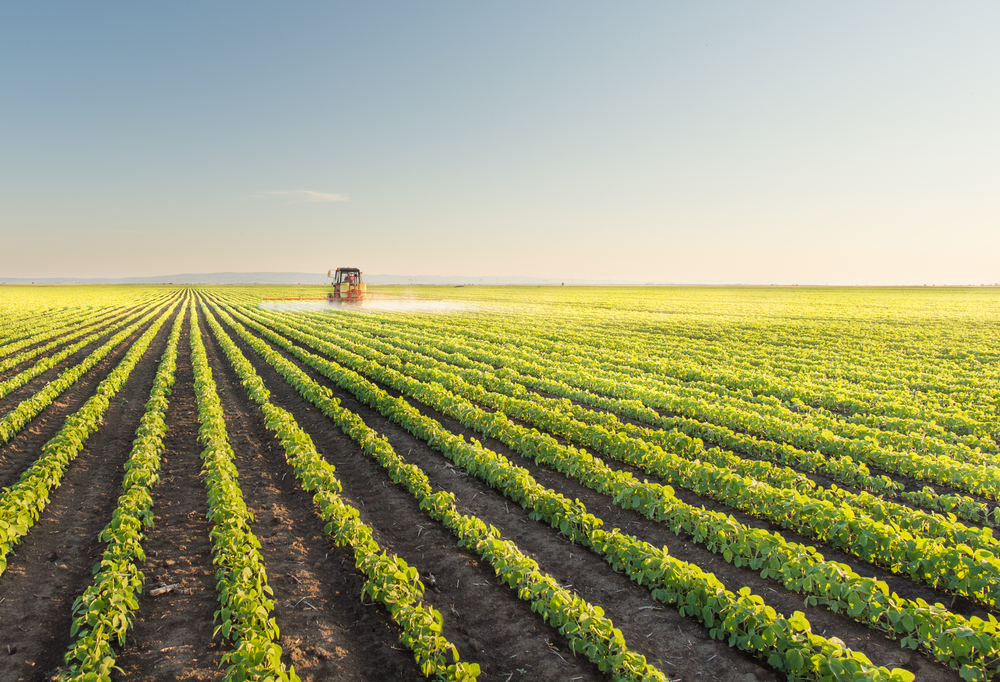How has rural agriculture been affected due to this pandemic?
Agriculture is the backbone of rural India and continues to remain a significant contributor to the Indian economy. The COVID-19 pandemic has come at a time when farmers in the country were close to harvesting their produce and the nationwide lockdown only exacerbated their situation by restricting the movement of goods and services and non-availability of seasonal farm labour.
Despite these challenges, our farmers continue to toil hard to ensure food security for the nation and put food on our plates.
Numerous initiatives by various stakeholders primarily led by the government are truly transformational and will give Indian agriculture the support it deserves to become more self-reliant, food secure, and uplift livelihoods.
Does technology play a role in ensuring food security and driving sustainable agriculture?
At Bayer, we believe agriculture needs to be part of the solution to provide food and nutrition to overcome farmers’ challenges around low productivity and low farm incomes. Our priority has always been to help farmers practice sustainable agriculture and help increase economic prosperity for farming communities.
Farmers today need innovation not only to grow enough, but also to grow better. Research & development capabilities in biology, biotechnology, chemistry and data science will help deliver tailored solutions to farmers faster than ever before.
Tell us about the latest Innovations by Bayer’s Crop and how can it help improve the economic conditions of farmers?
 At Bayer, we strive to provide farmers with the best tools and solutions so that they can achieve better harvests using less resources (water, land and energy). One of the major barriers to boosting farm productivity in India is the lack of new technologies and new chemistries. An enabling environment can help Indian agriculture grow further and can be a major force for further economic and societal development.
At Bayer, we strive to provide farmers with the best tools and solutions so that they can achieve better harvests using less resources (water, land and energy). One of the major barriers to boosting farm productivity in India is the lack of new technologies and new chemistries. An enabling environment can help Indian agriculture grow further and can be a major force for further economic and societal development.
Our Plant Breeding program is the best in the industry and has been built by driving connectivity and digitalization across our pipeline and operations. As a part of this process, we’ve reimagined virtually everything from where our breeding and trait integration activities occur – moving some of the most critical pieces of the pipeline from the field to the greenhouse – to how we apply data science at every stage of the pipeline.
Our focus on developing and deploying the next generation of lab and field automation that has dramatically shifted our ability to prescribe the placement of experiments and plots, collect more insightful data and gain new insights on every germplasm.
As always, our priority is to help farmers practice sustainable agriculture and help increase economic prosperity for farming communities.
What is the vision of Bayer’s Crop Science in mitigating COVID 19 and standing to the support of the farmers?
At Bayer our vision is, “Health for all, hunger for none”. It sets the foundation for our future and remains the benchmark against which we measure activities across the organization. We believe, with our scientific expertise and innovative strength, we can make a significant contribution to ensuring this vision translates into reality.
In the context of India’s growing population, agriculture has to be part of the solution to provide food and nutrition and overcome farmers’ challenges around low productivity and low farm incomes.
Simon Wiebusch is the Chief Operating Officer, Crop Science Division of Bayer for India, Bangladesh & Sri Lanka. Bayer’s priority remains to help farmers practice sustainable agriculture and help increase economic prosperity for farming communities.



